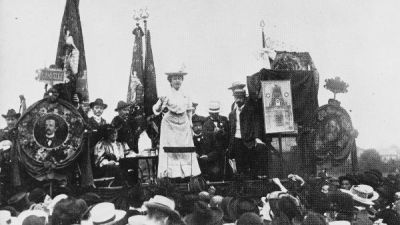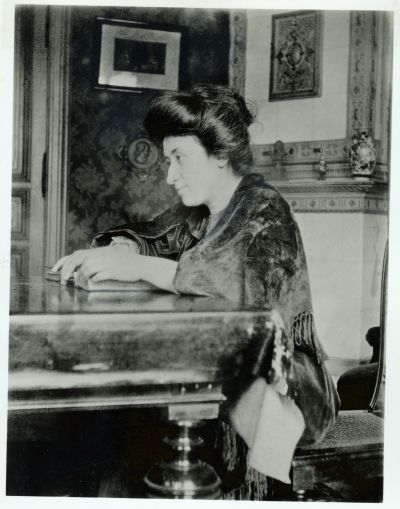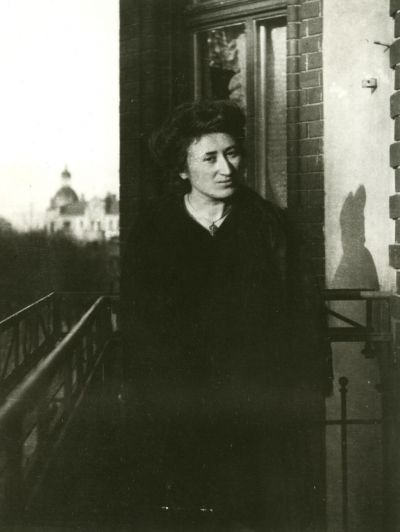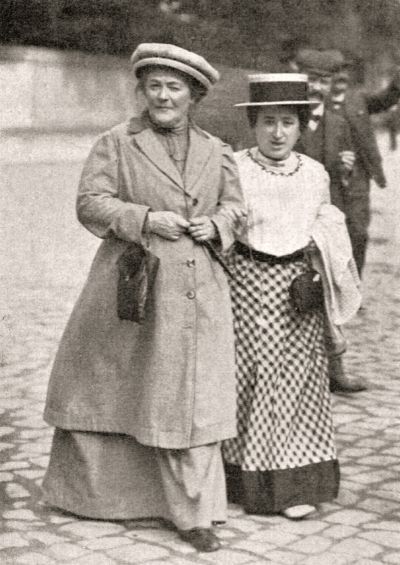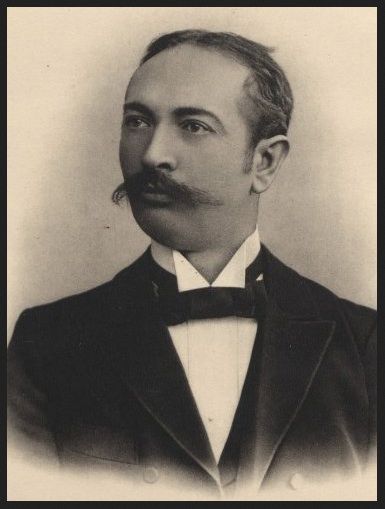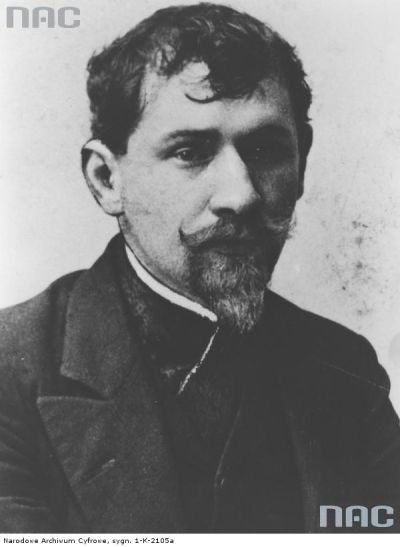Rosa Luxemburg
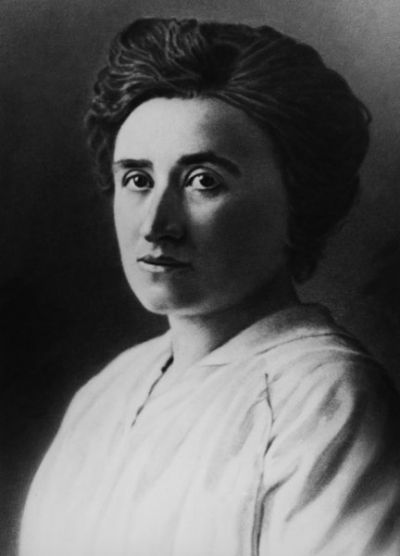
On 31st May 1919 a body was fished out of the Landwehrkanal in Berlin. It was quickly clear that it was the missing Rosa Luxemburg. It was also clear that she had been murdered: and that the motive was political. All her life Rosa Luxemburg* fought for the rights of the international working class. Rosa’s parents were Jews who were socially, politically and culturally active in Zamość. Their priority was to give their five children a good education. As a child Rosa enjoyed a humanistic upbringing. Alongside Polish and Deutsch, the two languages that were spoken at home, she learned Russian, Latin and Ancient Greek: she also had a smattering of French, English and Italian. She was interested in nature study, biology and botany, could draw well, loved listening to music, as well as learning and reciting poems.
Her political commitment was clear at an early age; and also her political leanings. At the age of 13 she wrote a sarcastic poem in Polish about Kaiser Wilhelm II, who visited Warsaw at the time. During her school time in the 2nd Warsaw Girls’ Grammar School Rosa Luxemburg belonged to a secret group of students. Here she also came into contact with a working group called “Proletariat”, an illegal political circle. In 1887, at the age of sixteen, Rosa Luxemburg ended her studies at the Warsaw grammar school with top grades in all courses. Nonetheless she was not awarded her school’s gold medal because of her “oppositional attitudes”. When the Czarist police learned that she was a member of “Proletariat” she was forced to flee to Zurich. Here she studied philosophy, economics and law. In 1897 she concluded her studies with a dissertation on the “Industrial Development of Poland”, in which she was highly praised for her huge amount of knowledge and her brilliant style. Only a year later the work was published by Duncker & Humblot in Leipzig in 1898.
In 1893 her political vision began to take on clear contours. She founded a newspaper for exiles in Paris, “Sprawa Robotnicza” (Workers’ Affairs). A short time later she co-founded the internationally outward-going “Social Democratic Workers’ Party of the Kingdom of Poland” and in 1900 the “Social Democratic Workers’ Party of the Kingdom of Poland and Lithuania”. In 1897 Rosa Luxemburg decided to move to Germany. In order to become a German citizen she married Gustav Lübeck, the only son of her host family in Zurich, on 19th April 1898. In 1898 she joined the Social Democratic Party of Germany (SPD) which was regarded in the working class movement as the most progressive socialist party in Europe. She rapidly gained a high reputation in the SPD as a specialist on Polish affairs. In Dresden she took over the editorship of the “Saxon Workers’ Paper” before moving to Berlin where she was paid to write anonymous articles for a variety of SPD journals. All this time she continued to work in a highly committed political manner. Early on she warned of a coming war. In 1903 she criticised Kaiser Wilhelm II once more, this time in public, when she said “The man who speaks of the fine secure existence of German workers has no idea of the facts.” She was then sentenced to three months in jail for lèse-majesté. In 1906 she was sentenced once again for “provoking class hatred”.
